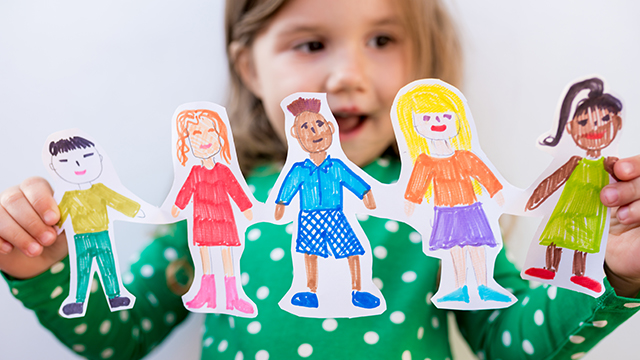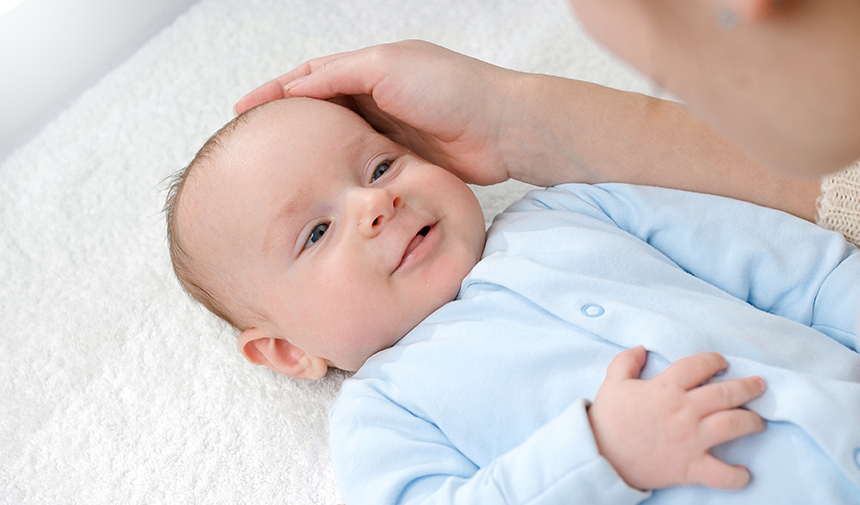The Key to Balance between Education and Fun
Toys for children play an important role in their development, beyond just providing a fun time. Toys help children develop their physical, mental, emotional and social skills, while also supporting their imagination and creativity. Therefore, the place of children’s toys in child psychology is very important and should be carefully selected by parents and educators.
The Effect of Children’s Play on Development: Developing Physical and Mental Skills
Play is an important tool for children to explore the world, learn and develop. Toys help children develop motor skills, hand-eye coordination and muscle strength. For example, playing with blocks helps children develop problem-solving skills through building and trial and error. In addition, puzzles strengthen mathematical thinking and logic skills, while coloring books and art materials help children develop creativity and emotional expression.
Supporting Imagination: The Free Space of Play
Toys allow children to develop their imagination and creativity. They provide a space where imagination can be freely exercised and allow children to express their thoughts and feelings. For example, playing with dolls and plush toys helps children develop empathy and emotional intelligence. At the same time, role-playing games allow children to experience different roles and develop their social skills.
Social Interaction and Learning: The Importance of Friendship and Sharing
Toys provide an important environment for children to develop social skills. Play offers children the opportunity to form friendships, cooperate, show empathy and strengthen emotional bonds. Group play helps children learn valuable skills such as working together and team spirit, while strengthening the concepts of sharing and fairness. In addition, during play, children practice conflict resolution and problem solving skills and have the opportunity to understand social norms.
Educational Toys: Making Learning Fun
Educational toys make children’s learning experience fun and engaging. Science kits, math puzzles, letter blocks and other academic toys help children strengthen their basic skills while encouraging their curiosity and sense of discovery. Such toys make learning an enjoyable and motivating experience for children, while also boosting their self-confidence and passion for learning.
The Role of Parents and Educators: Choosing the Right Toys
Parents and educators play an important role in children’s interactions with play and toys. Choosing the right toys is vital to support children’s development. It is important that toys are appropriate for the child’s age, interests and needs. It is also important that toys are safe, durable and of good quality. Parents and educators should carefully observe children’s interactions with play and toys and provide guidance to ensure the most appropriate environment for their development.
Conclusion
Children’s toys are an important tool to support children’s development and develop their imagination, creativity and social skills. Play makes children’s learning experience fun, while laying the foundation for a process of learning and discovery that continues throughout their lives.



